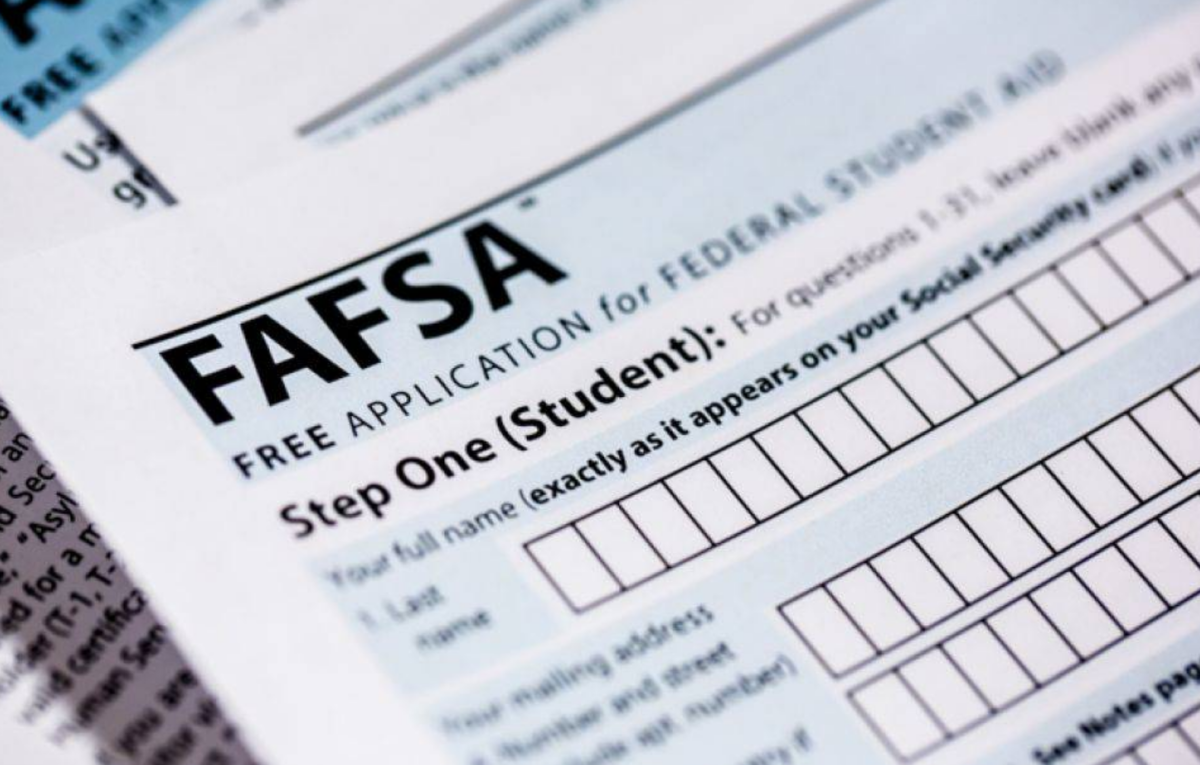The Free Application for Federal Student Aid [FAFSA] released changes to its application process starting with the 2024-25 school year.
The FAFSA is a government form that provides federal aid to students in need of funding for their schooling.
Annmarie Weisman, Deputy Assistant Secretary for Policy, Planning and Innovation for the Federal Student Aid (FSA) website, published a letter on Aug. 4, 2023 explaining the changes made to the FAFSA.
Weisman said the primary alterations include:
Removal of the number of family members in college from the eligibility calculation
Child support payments, combat pay, and other tax allowances are no longer considered as allowances against income and do not need to be reported to FAFSA
Questions about selective service registration and drug convictions have been removed
Questions about a student’s sex, race, and ethnicity have been added that do not have an effect on student aid eligibility
Easier information input
Pell Grant payment amount was not changed.
*However, the enrollment status step within the Pell Grant Formulas will now use an enrollment intensity formula (ex. full-time students and part-time students)
Need to report untaxed income has been removed (ex. food, housing, and money paid to members of the military and clergy)
These changes may affect a student’s eligibility.
Promise Shinall, a sophomore marketing major at Nicholls State University, said the changes will be beneficial for students.
“Upon hearing the 2024 FAFSA form would change, my first instinct was that the form would become more of a burden and offer less aid since financial aid is confusing already. Although now reading the changes, I feel as though these changes will benefit college students and those wanting to attend college, and I hope that will be the case,” Shinall said.
Sydney Matherne, a junior mass communications major at Nicholls, said that the FAFSA was in need of some changes.
“A lot of students get a lot of disadvantages in terms of finances because of FAFSA including things that do not affect the student directly,” said Matherne. She believes that these changes may enable more students to come to college.




















